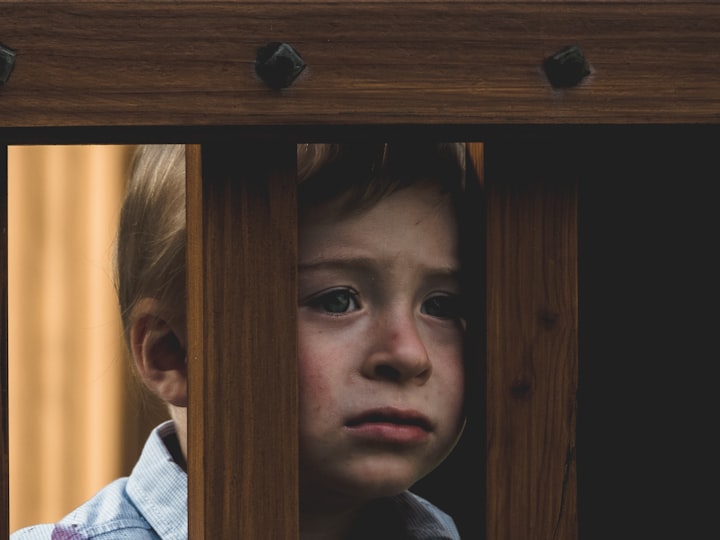
A divorce is a difficult, stressful experience for everyone involved. However, it impacts children in a very specific way. Children have a limited view of the world, and this major disruption to the norm can turn the world upside down.
At any age, witnessing the dissolution of your parents’ marriage is traumatic. Children feel angry, shocked, confused, and uncertain. Some kids even blame themselves for the issues their parents are dealing with.
Even an uncontested divorce is not a seamless process. Grief and hardship, at some level, may feel inevitable. Still, you have an opportunity to reduce the pain your child feels when you make their well-being your top priority.
You can offer reassurance, patience, and a listening ear to your child, which can minimize the tension they feel as they learn to cope. Sticking to routines gives your child something upon which they can rely. Structure, stability, and care are extremely important at this time.
Maintaining a working relationship with your ex helps them avoid watching parents in conflict. With the proper support, your child can navigate this difficult period. More than that, they can emerge on the other side feeling loved and confident.
What Do Children Need During a Divorce?
- Involvement: Ask them questions and stay involved in their life.
- Congeniality: When you fight, it makes them feel like the source of the problem. Try to maintain a good relationship with your ex.
- Support: Don’t act jealous about the time they spend with your ex. They need time with both of you.
- Direct Communication: Never use your child as a messenger between you and your ex.
- Kindness: When you talk about your ex in front of your children, be kind. If you can’t say something nice, don’t say anything at all.
How to Tell Your Kids About the Divorce
When it is time to tell your children about the divorce, you may freeze up. That’s perfectly normal with any difficult subject. Prepare yourself and what you want to say before you sit down with them. This can make it easier on everyone.
If you anticipate hard questions, process your anxiety ahead of time and plan what you want to tell them. You’ll be better equipped to help them handle the news.
- Tell them the truth (without any unnecessary details).
- Make sure they know you love him.
- Tell them about the logistical changes, such as who will go where and how their routine may change.
- Present a united front with your ex.
- Be respectful of your spouse.
- Younger children usually need less detail.
Helping Your Child Grieve a Divorce
For children, divorce can be intense. It involves a great deal of loss: a parent, a family unit, and the life they knew.
When you help your child express their emotions, you help them process their grief and adjust to the new situation.
- Encourage them to share their feelings and listen to them.
- If they have difficulty expressing their feelings, help them find the words.
- Give them space to be honest.
- Trust that they love you even when they say things they don’t mean.
- Let the discussion be an ongoing process.
- Acknowledge how they feel.
- Make sure they know they aren’t the reason for the divorce.
- Be patient with them.
- Remind them that you both love them.
- Give them reassurance that you will remain in their life.
Provide Stability Throughout the Divorce
It is good for children to learn to be flexible. However, it is not easy for them to adjust to multiple new situations at once. Provide them with stability and structure in their daily life to help them adjust to the change.
Structure and continuity do not mean rigid schedules or exact routines. Creating regular routines for each household and consistently communicating what to expect will instill a sense of calm and stability.
Working with Your Ex
Conflict between parents has the potential to damage children, regardless of whether there’s a divorce. Never put your children in the middle of a fight, and do not make them feel like they have to choose between you and your ex.
- Use tact when you talk through issues.
- Be polite in normal interactions with your ex.
- Try to stay optimistic.
- Focus on everyone’s strengths.
- Put in the effort.
- Focus on what is best for the children.
- Consider everyone’s well-being.
Allow Your Child to Work Through It
It takes time for children to work through issues around the divorce. Allow them the space to deal with it, and support them in whatever way you can. Therapy may be a benefit if they have continued difficulty processing the change.
About the Creator
Michael M
Writer based in Texas - Yeehaw





Comments
There are no comments for this story
Be the first to respond and start the conversation.